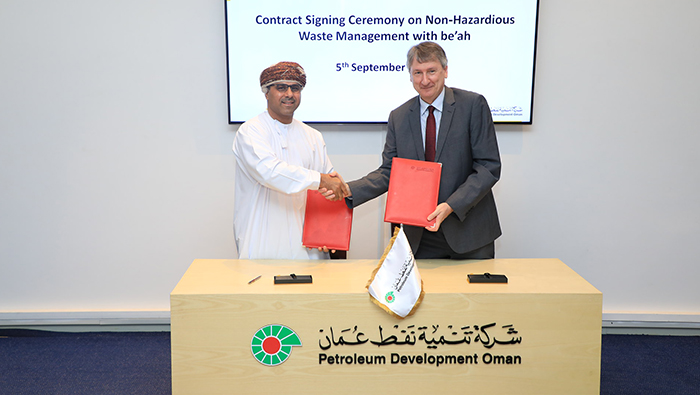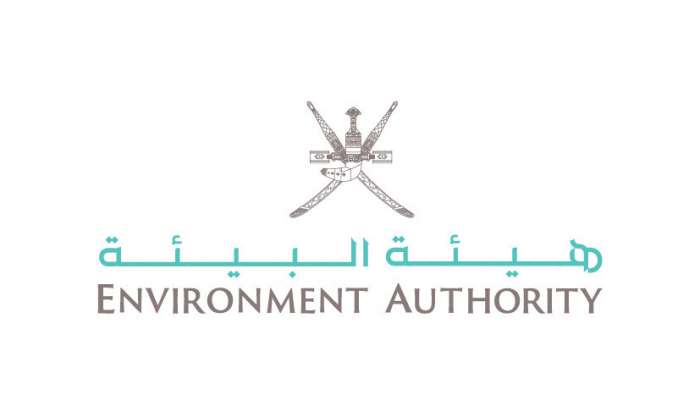

Muscat: The Environment Authority (EA) has issued a regulation on the import and transit of hazardous and non-hazardous waste.
The Authority issued a decision which requires all companies and institutions importing waste to have licenses, terms, procedures, and requirements to be followed. All importers are required to direct all imported quantities to recycling plants, according to contracts or agreements concluded.
Furthermore, the law also requires that hazardous waste transport vehicles be equipped with tracking devices to monitor their movement and track the transportation process from the starting point to the waste recycling facility. This is to prevent illegal movement and random dumping of waste, in order to reduce waste generation and to ensure that it is treated in a safe and secure manner, in accordance with the principles of integrated waste management.
In addition, this aims to establish a regulatory and operational framework to enhance the involvement of the private sector in the recycling industry, and optimal use of recycled products to enhance the concept of the circular economy and its applications, as well as increase opportunities for industrial inputs that can be used to fill some shortfalls in the inputs of some national facilities, and overcome some of the challenges that it suffers from in the waste recycling sector.
The Environment Authority stressed the importance of integration and cooperation between all concerned parties to organise the process of importing waste of economic value with the aim of enhancing the local added value and filling the operational deficit of some local factories.
The regulation aims to support recycling projects and factories in the Sultanate of Oman, bridge the operational deficit, and enable the private sector and small and medium enterprises to play their active role in supporting the economic growth of the Sultanate of Oman, specifically in the circular economy and waste management sector to raise the gross domestic product of the national economy and raise the global ranking index of the Sultanate of Oman in environmental and economic performance, as well as in international trade and support for local added value projects.
This decision and its issuance comes within the framework of the great interest and care given by the Environment Authority in the field of enabling the waste recycling sector, and maximizing the added value of this waste and encouraging the operation of factories to recycle it instead of burying it in landfills (engineering landfills) without benefiting from it. This is in line with the priority of "the environment and natural resources" in the vision of "Oman 2040" to achieve a high-quality environment free of pollution, creating a green economy and raising environmental awareness with regard to consumption and production rules, in line with international efforts aimed at achieving sound management of chemicals and hazardous waste.
The Sultanate is one of the first countries to ratify environmental conventions and protocols, including those related to waste and hazardous materials and their transit. The Sultanate ratified the Basel Convention on the Control of Transboundary Transportation of Hazardous Waste and Their Disposal in 1994 AD by Royal Decree (119/94). The Sultanate of Oman is committed to implementing the terms of the agreement and the procedures for transit of such waste through its ports in accordance with the requirements and control procedures contained in the terms of the agreement.
During the past few years, the waste recycling sector has witnessed significant developments, expanding in size and scope, and is no longer limited to types of waste. There are a number of successful projects at the national level that included most types of recyclable waste, including plastic waste, car tires and used batteries, residues from aluminum smelters, green waste, spent oils, cardboard and paper.
This legislation also supports the implementation of the Sustainable Development Goals (9) “Industry, Innovation and Infrastructure” and No. (11) Sustainable Cities and Communities, Goal (12) (Responsible Consumption and Production) and Goal (14) “Life Under Water”; thus, the contribution comes by creating an environment regulatory legislation that benefits industries that support recycling, reducing waste and reducing carbon emissions.